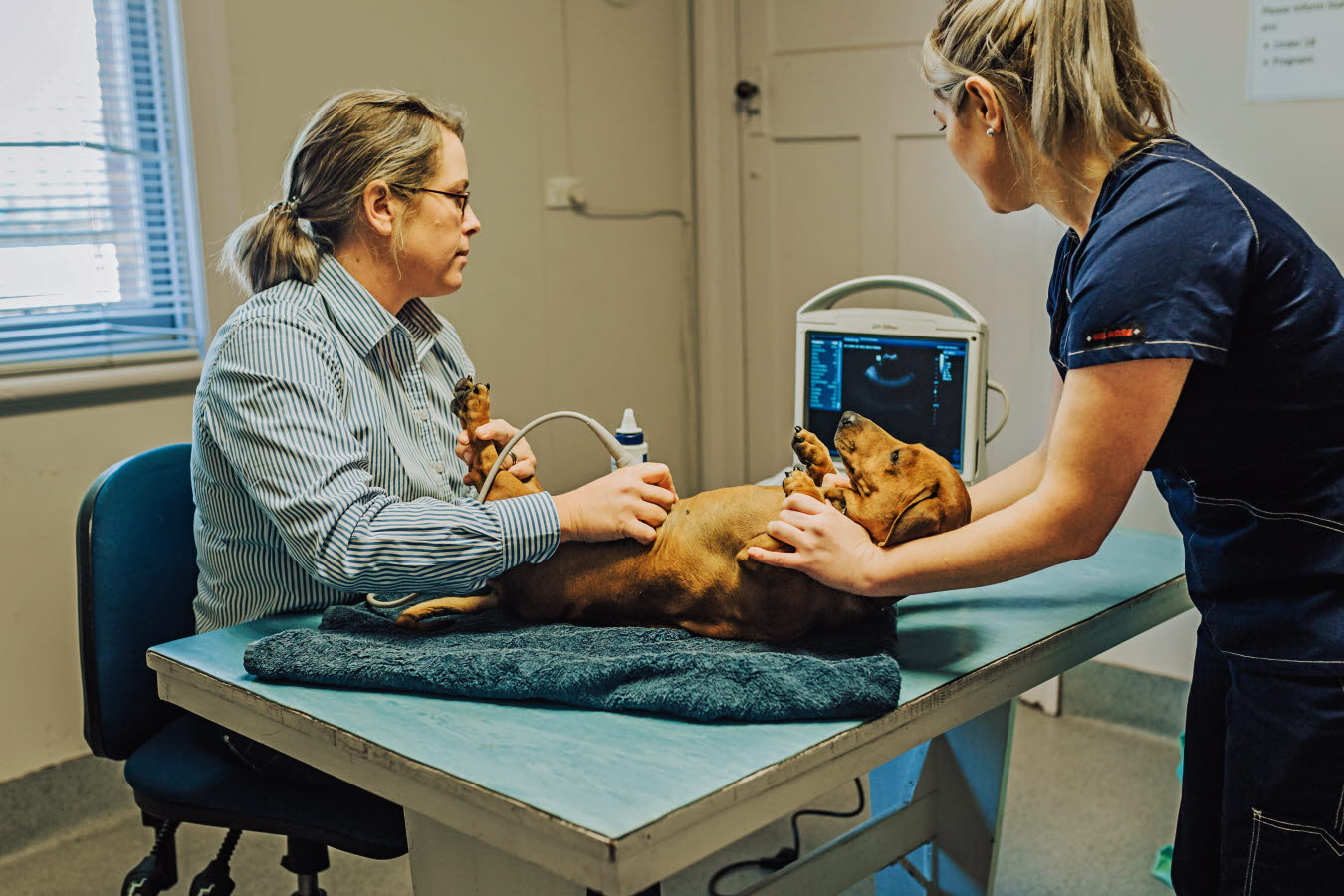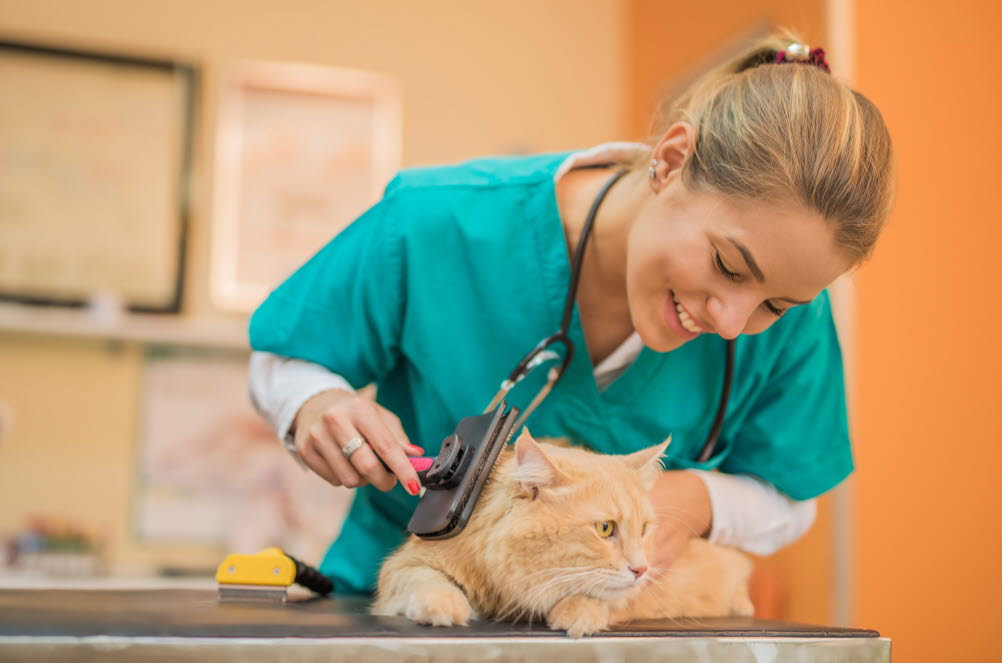Visiting your veterinarian
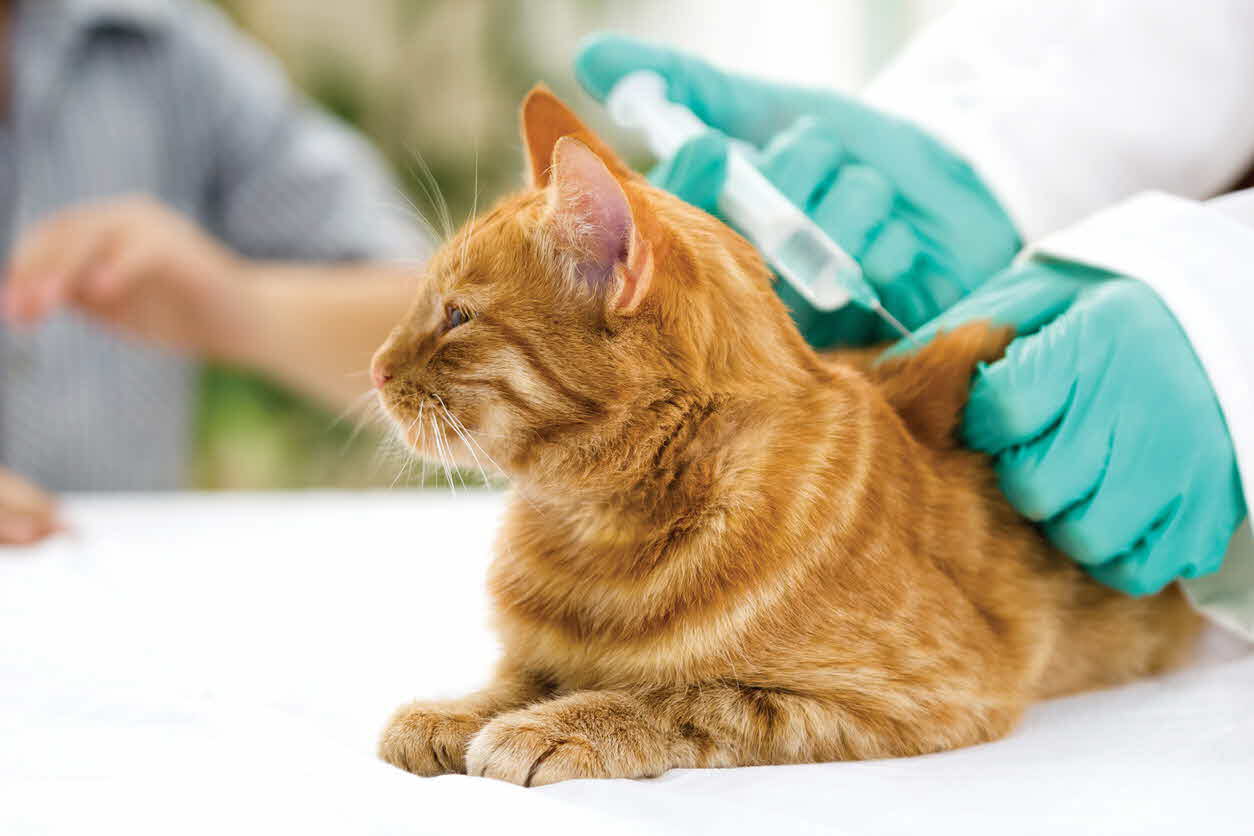
We answer some of your questions about visiting your veterinarian, veterinary prescriptions and who to contact if things don't go to plan.
Veterinarians who are in clinical practice are required to be registered by their respective state veterinary boards.
The Australasian Veterinary Boards Council provides an online directory for all registered veterinarians on their website: www.avbc.asn.au and also list any specialist qualifications a veterinarian has acquired.
Specialist qualifications are obtained through further study and assessment by the Australian New Zealand College of Veterinary Scientists who have stringent requirements for such a title.
There are some great benefits to using a veterinarian who is a member of the Australian Veterinary Association (AVA). AVA members commit to a Code of Professional Conduct. The AVA also provides continuing education programs which members can take advantage of to keep up to date on the latest techniques and research, which is important for your pet’s health and treatment.
The AVA offers a community for veterinarians to network and to share ideas about breakthrough treatments or alternative options, and vets can use this information to better treat pets.
You can read more about what the AVA does in our FAQ What does the AVA actually do?
Check out our Find a Vet service to find an AVA veterinarian near you.
Sometimes you might see your vet's name with some letters behind it.
These are usually qualifications or accolades that your vet has worked very hard to obtain. Some common ones are:
- DVM - Doctor of Veterinary Medicine
- BVSc - Bachelor of Veterinary Science
- BVMS - Bachelor of Veterinary Medicine
- If any of the above have (Hons) at the end, this means they graduated from their veterinary degree with honours
Some vets may also have attained post-graduate degrees such as Masters level or PhD level qualifications and these may also be displayed accordingly.
Then there are post-nominals that are issued by the Australian and New Zealand College of Veterinary Scientists for further studies on a particular area validated by passing examinations to become more qualified in such areas:
- FANZCVS - Fellow of the Australian and New Zealand College of Veterinary Scientists. This is also usually followed with the notation in parenthesis of the subject in which they had attained their fellowship in.
- MANZCVS - Member of the Australian and New Zealand College of Veterinary Scientists. This is also usually followed with the notation in parenthesis of the subject in which they had attained their fellowship in.
There are also a number of members who have Commonwealth Honours and Awards due to their extensive involvement in the community or to scientific advancement or to the service of the country.
A formal complaint against a veterinarian should only made when malpractice, negligence or a breach of the standards of practice is believed to have occurred.
If you are unhappy about the service you have been provided, you should speak directly to your veterinarian or put your concerns in writing to the practice manager. This gives the veterinarian the courtesy of being able to respond directly to your complaint.
The overwhelming majority of veterinarians are passionate about their role and take very seriously the care provided to their clients and their animals..
If you believe your complaint involves serious misconduct or negligence and have put your complaint in writing, and your vet fails to respond or you are dissatisfied with the response provided, you may then choose to escalate your complaint further by forwarding your complaint in writing to the vet board in your state*. Each vet board will have their own complaints handling process which you can find on their website.
The AVA is member-based professional association and does not have a regulatory role in the profession, and we do not have the facility to process complaints.
If you are unhappy with the service experience or your vet's manner then changing practices rather than a formal complaint may be a more appropriate course of action.
Medical records and diagnostic images remain the property of the veterinarian or practice, not the client, and must be retained for legal reasons.
If you are changing veterinary practices, then you can ask for a vet-to-vet transfer of a copy of your pet’s veterinary history and the veterinarian is obliged to do so with your consent. The actual records still remain the property of the first clinic, however the history that they provide will ensure for the correct ongoing management of the pet's health.
If you require records for a pet insurance claim, the veterinarian can send the records directly to the insurer with your consent.
Unlike human medicine, veterinarians do not have obligation to pass veterinary case histories onto clients or owners (they can at their discretion and if their State laws allow).
These rules are state-specific and are determined by the Veterinary Boards in each state and come under their jurisdiction.
Unlike human medicine, there is no "medicare" for vets and pets, there is no government subsidy that can buffer the cost of treatment. Because there is no government support for pet care, it might seem that you are paying a lot for a pet's treatment.
When you compare veterinary fees with other professional services fees the prices are not excessive in general. The Trade Practices Act prevents veterinarians from colluding on fees and as such there is no recommended schedule of fees for a veterinarian. Vets may set their own fees which take into account:
- Treatment Given
- Pharmaceuticals dispensed
- Staff costs
- Equipment costs
- Transportation costs if a mobile vet or rural vet
- Cost of running their practice e.g. rent/land
- Level of expertise in services provided.
The veterinarian is also not just the pet's GP, but also their surgeon, dentist, radiologist, dermatologist, psychologist etc, as well.
If you have questions about why your vet is charging a particular amount, ask your vet for a breakdown of costs. You can put your concerns in writing courteously to the practice manager or clinic owner.
If you feel your vet is unfairly charging you, and you are dissatisfied with their explanation, then put your complaint in writing to the Department of Fair Trading (or equivalent body) in your state. Alternatively, change practices.
The AVA does not have jurisdiction over vet practices and veterinarians as the vets are registered by state jurisdictions. We cannot assist with mediation or complaints against vets on pricing.
There are times when you may want a second opinion, or your veterinarian refers your pet to another veterinarian.
In such cases, the second veterinarian will require the information from your pet’s records from your usual vet.
Your pet's case histories and veterinary records can be transferred vet-to-vet. This is to ensure compliance with state regulations around veterinary records. The ownership of the records remain with the initial veterinarian who recorded these, and depending on state jurisdiction they are required to keep these records for a prescribed period of time. The second opinion or referral veterinarian receives a copy of the records to ensure that they have the complete health picture for your pet and is required to return any actual records to the first veterinarian.
To find out why your veterinarian will not usually pass your pet's records onto you, have a look at our FAQs on I pay for my pet's treatment, why am I not entitled to my pet's files?
It’s very difficult for a veterinarian to provide an accurate diagnosis and treatment plan if they haven’t seen and examined the animal themselves. Veterinarians can pick up signs and symptoms that are not immediately obvious or visible to you. An examination of your pet will let them make a diagnosis and treatment recommendation.
It is also unethical and illegal to prescribe prescription medication for an animal that hasn’t been physically examined by a veterinarian.
A veterinarian can only legally prescribe prescription drugs for animals that are under their care. They need to have examined your animal, made a diagnosis and determined what drug and how much and how often that the drug is required.
Most veterinarians have in house pharmacies and can dispense the medication for you on the spot, giving you the convenience of immediate access to the medication and a reassurance that you have received the correct medication. Veterinarians receive their drugs from legal, trustworthy sources and there is an accountability trail for the particular drug that can be traced back to a company or even to a batch number should anything go wrong.
Some owners may decide that they would like to purchase their pet’s medication online. In this case you will need to request that your veterinarian writes a script for you. You will be charged a prescription fee to prepare the script, which includes the veterinarian accessing records, determining whether the script is appropriate and the record keeping that is required. You will need to find an online pharmacy which is based in Australia and trustworthy. Purchasing prescription drugs from overseas is illegal. Once you have made the order, you will need to post this script to the online pharmacy, just like the chemists you visit, they cannot dispense medications without first receiving the actual script.
If your animal requires ongoing medication, depending on the medication your pet is on and your animal’s condition your veterinarian may require you to bring your pet in to be re-examine. This is so the vet can assess whether the drug and dosage are still appropriate; that the medication is doing what it should be and that there are no unintended side-effects. Some medications require ongoing blood tests to check their levels, and/or their effects on the body’s metabolism. This re-examination will be required before the veterinarian will be able to issue you with a repeat prescription.
Remember a veterinarian cannot legally write a script for an animal which is not under their continuing care.
Regulation of prescription drugs are covered under the Poisons and Therapeutics Goods legislation in your state and rules differ in each state.
The regulating body in Australia for veterinary medicines is the Australian Pesticides and Veterinary Medicines Authority
The APVMA issued a media release in 2010 to educate consumers about the legal issues of importing medications via mail. Australian authorities do not have powers to regulate or prosecute overseas suppliers. There is no protection for Australian consumers if something goes wrong with the drugs.
It is worthy to note also that it is illegal for veterinary medicines to be purchased under the human PBS Schemes, as that is intended purely for human medicine use. Veterinary medicines may contain similar compounds but may be in different doses to the human version and therefore not intended for cross-usage.
Anti-competition laws in Australia mean that veterinarians are not allowed to collude on the fees that they charge. Each veterinarian sets their fees based on the treatment being given as well as the expertise available and the cost of supplying the service. These prices cover all of the expenses that keep the veterinary practice running, such as salaries, rent, overheads and equipment. Expenses can vary widely from location to location.
There is no recommended schedule of fees that a veterinarian can charge.
Veterinary practices are private businesses that provide a service in the community, and costs such as drugs, equipment, staff and time need to be covered to ensure that the clinic is able to sustain services to the community. Private veterinary practices need to charge for their services and are not obligated to treat your animal for free.
In some cases, larger animal charities such as the RSPCA and the Animal Welfare League may have some provision for those in genuine need and situations where an animal's welfare is at stake.
There are several charities open and run by veterinarians and vet nurses that contribute on their own time to providing veterinary care for companion animals that accompany homeless folk. These organisations rely on donations from the public to cover the costs of medicines, equipment and overheads incurred in these operations. Some of these charities are:
- Pets of the Homeless Australia can provide emergency veterinary care for the homeless and their pets.
- Pets in the Park Australia is dedicated to veterinary health clinics for pets of the homeless (but not food/shelter).
Veterinary practices are very busy places and there may be reasons why an appointment may run later than planned.
Apart from general health check and consulting services for pets, a veterinary clinic may also be a hospital and emergency department rolled into one.
Veterinarians may be required to shuffle caseloads depending on urgency and the welfare or suffering of the animal admitted. Unforeseen complications or conditions may mean longer than expected consult times.
If you are concerned about your appointment being delayed, you can ring ahead and ask the receptionist if appointments are running to schedule, before turning up at the vet clinic, to minimise delays.
It is wonderful to hear the good stories from time to time. Vets work very hard in their profession and commendation is always an encouragement to them to continue doing the things they do well.
There are several awards that we can suggest to a happy client.
Small Business awards in your community are one way of showing your appreciation for the effort that your vet puts into their practice, especially for veterinarians who own their own practice. Some examples include:
- www.businesschampions.com.au
- thebusinessawards.com.au
- www.australiansmallbusinessawards.com.au
- www.telstrabusinessawards.com
Also there are awards for excellence in customer service too:
If your vet is an outstanding member of the community and has made significant contributions to the wider community you may even consider nominating them for an Australian honour via the Governor-General's Office: www.gg.gov.au
All veterinarians appreciate a simple thank-you and positive feedback when you think they have done a good job!
Unlike human medicine, there is no "medicare" for vets and pets, there is no government subsidy that can buffer the cost of treatment. Because there is no government support for pet care, it might seem that you are paying a lot for a pet's treatment.
When you compare veterinary fees with other professional services fees the prices are not excessive in general. The Trade Practices Act prevents veterinarians from colluding on fees and as such there is no recommended schedule of fees for a veterinarian. Vets may set their own fees which take into account:
- Treatment Given
- Pharmaceuticals dispensed
- Staff costs
- Equipment costs
- Transportation costs if a mobile vet or rural vet
- Cost of running their practice e.g. rent/land
- Level of expertise in services provided.
The veterinarian is also not just the pet's GP, but also their surgeon, dentist, radiologist, dermatologist, psychologist etc, as well. Veterinarians do not profit from mark-ups for pharmaceuticals.
If you have questions about why your vet is charging a particular amount, ask your vet for a breakdown of costs. You can put your concerns in writing courteously to the practice manager or clinic owner.
If you feel your vet is unfairly charging you, and you are dissatisfied with their explanation, then put your complaint in writing to the Department of Fair Trading (or equivalent body) in your state. Alternatively, change practices.
The AVA does not have jurisdiction over vet practices and veterinarians as the vets are registered by state jurisdictions. We cannot assist with mediation or complaints against vets on pricing.
The loss of a pet is always very sad, and payment is often the very last thing one wants to talk about.
The overwhelming majority of veterinarians work very hard to provide the best in veterinary care to the animal, and even with the best of intentions, things go wrong from time to time and in many cases it is outside of the control of the veterinarian or clinic staff. Most vets (and their nurses) feel the loss of a pet on their watch very deeply and take these to heart.
In working to save an animal's life, in many cases the vet still has to expend their time, expertise, drugs, equipment and require the assistance of their nurses, and the cost of these are still incurred whatever the final outcome.
Many vaccines legally need to be prescribed by a veterinarian. Vaccinations contain biological material which must be stored in appropriate conditions and given correctly to be effective. Some vaccines also have the potential for serious consequences from accidental needle stick injury to the person injecting the vaccine.
While there are a few small animal vaccines that are not “prescription only” and can be obtained and given by the owner the AVA recommends that all vaccinations should be administered by a veterinarian because of the veterinary medical expertise involved. Veterinarians can manage an animal's whole health picture and any risks involved, looking out for any possible conflicts of drugs, any other underlying conditions, administering the vaccine with minimal injury or stress to your pet and managing any adverse reactions.
A veterinarian can also provide you with a certificate that certifies that your pet has been vaccinated. Only a veterinary certificate will be accepted as legal documentation for public services such as flight transit or boarding kennels. If the proper documentation is not provided, the animal is treated as though they had never received the vaccination and will need to be re-vaccinated. Owner should also be aware that most pet insurance products require your pet to be vaccinated and for this to be certified by a veterinarian or they will not pay your claims.
All vaccines must be purchased legally in Australia and used according to the manufacturer's guidelines.
There may be many reasons that a member of the community may have difficulties in communicating and may require extra support when visiting a vet.
The Australian Government has a number of resources for those requiring extra support.
The National Relay Service (NRS)
People with communication difficulties (hearing and speech impairments) can use the National Relay Service , a free telephone-based communication service (Australian Government initiative funded by telecommunications companies).
Many NRS users also utilise TTY service (telephone typewriter) which is a special texting telephone for those who cannot use their voice, or who cannot hear.
There are also AUSLAN (Australian Sign Language) interpretation services for those who primarily communicate in AUSLAN: http://www.auslanservices.com/
Translation and Interpretation Services
People whose first language is not English and require foreign language support can use Translation and Interpretation Services (TIS) who use NAATI-accredited translators (text) and interpreters (speech) in 160 languages. They also have real-time and on-site services available.
Vision impairment Support
The Australian Braille Authority have braille transcription services for those who require print material to be transcribed in Braille. Vision Australia also have print accessibility services available.
Trending Now
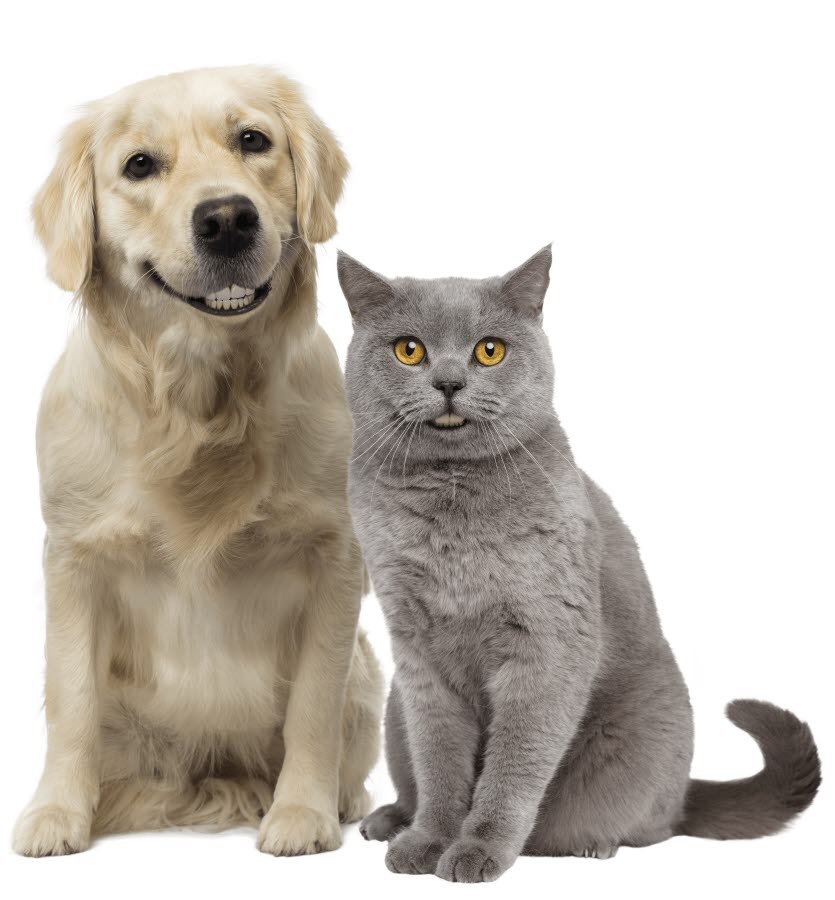
Important steps to dental and oral health in dogs and cats
3 years ago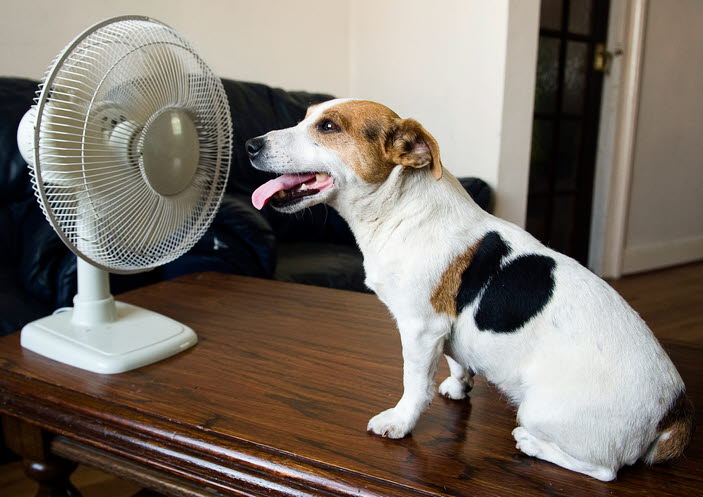
Be prepared for common summer hazards for pets
3 years ago
Pet Treats - How to Win the Battle of the Bulge
3 years ago

